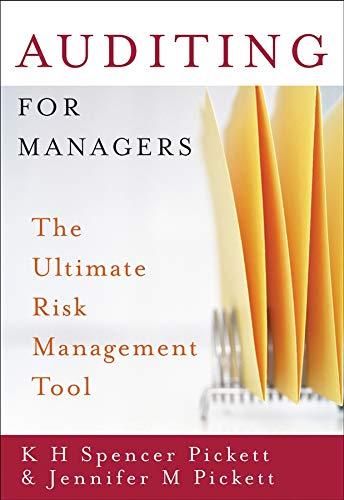ou have just been hired by FAB Corporation, the manufacturer of a revolutionary new garage door opening device. The president has isked that you review the company's costing system and "do what you can to help us get better control of our manufacturing werhead costs." You find that the company has never used a flexible budget, and you suggest that preparing such a budget would be an excellent first step in overhead planning and control. After much effort and analysis, you determined the following cost formulas and gathered the following actual cost data for March: During March, the company worked 21,000 machine-hours and produced 15,000 units. The company had originally planned to work 23,000 machine-hours during March. Required: 1. Calculate the activity variances for March. 2. Calculate the spending variances for March. Complete this question by entering your answers in the tabs below. Calculate the activity variances for March. (Indicate the effect of each variance by selecting "F" for favorable, "U for unfavarable, and "None" for no effect (lie, zero veriance), Input all amounts as positive values.) During March, the company worked 21,000 machine-hours and produced 15,000 units. The comp 23,000 machine-hours during March. Required: 1. Calculate the activity variances for March. 2. Calculate the spending variances for March. Complete this question by entering your answers in the tabs below. Calculate the activity variances for Marc... (Indicate the effect of each variance by selecting " F " for favora unfavorable, and "None" for no effect (i.t., zero variance). Input ail amounts as positive values.) uring March, the company worked 21,000 machine-hours and produced 15,000 units. The company he 3,000 machine-hours during March. equired: Calculate the activity variances for March. . Calculate the spending variances for March. Complete this question by entering your answers in the tabs below. Calculate the spending variances for March. (Indicate the effect of each variance by selecting "F" for favorable, unfavorable, and "None" for no effect (i.e., zero variance). Input all amounts as positive values.)









